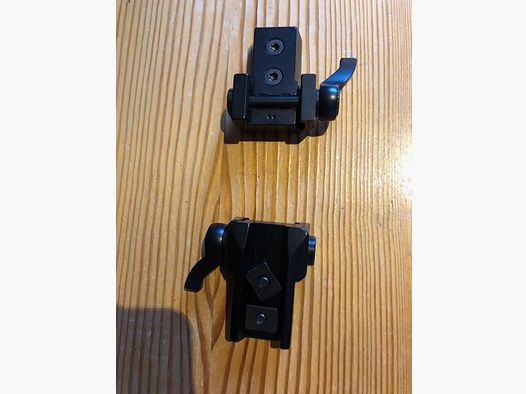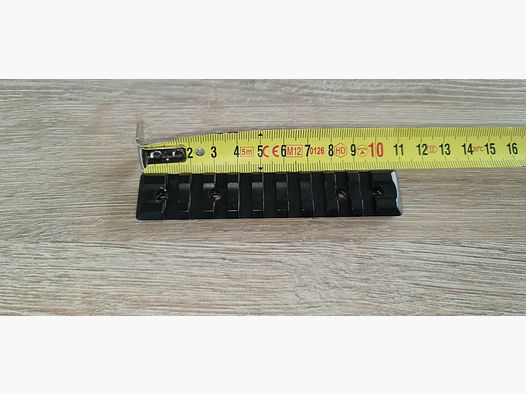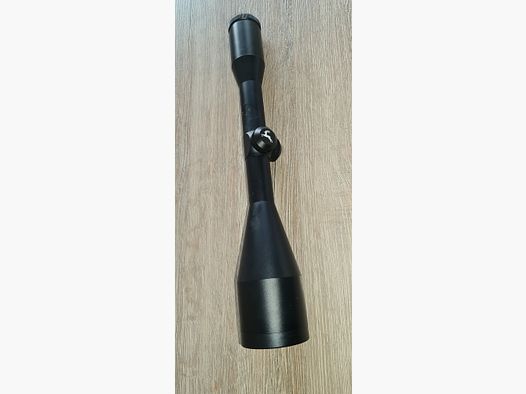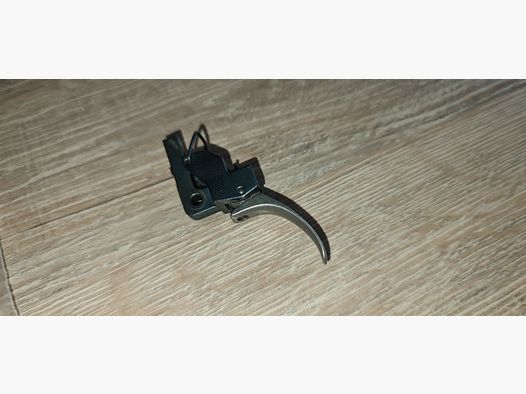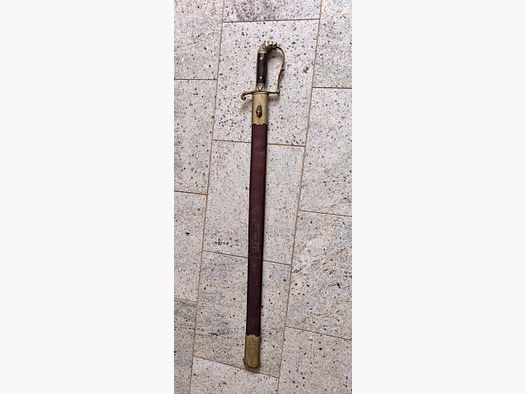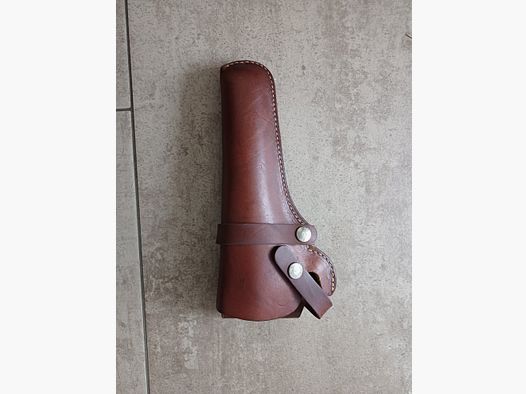With Directive (EU) 2021/555, the European Union has set new standards for private gun ownership – particularly regarding high-capacity magazines. But what exactly does Brussels demand, and why has Germany been particularly restrictive in its implementation? We clarify which regulations actually apply and why especially sport shooters, collectors, and dealers are currently facing enormous challenges.
What does the EU regulate?
The EU directive stipulates that magazines with more than 20 rounds for handguns or more than 10 rounds for long guns must be regulated. However, it deliberately leaves room for interpretation to the member states: A blanket possession ban while compatible weapons are available is not necessarily required. This openness in interpretation has led to very different national regulations.
Germany Takes a Special Path
In Germany, this leeway has been filled with particularly strict measures. The legislator automatically classifies magazines that can be used in both short and long firearms under the stricter category. This means specifically: A 15-round magazine for a pistol like the Glock 17 remains legal only if the owner does not possess a PCC (Pistol Caliber Carbine) into which the magazine also fits.
This so-called dual-use regulation means that the ownership status of a magazine can change depending on the individual firearm inventory – with potentially criminal consequences.
Sports shooters: Under pressure in international competition
International sports disciplines allow the use of higher capacity magazines in many countries. German shooters, on the other hand, must either rely on special permits or live with disadvantages in training and competition. The legal uncertainty deters many – or unintentionally brings them into conflict with the gun laws.
Collectors: When History Suddenly Becomes Illegal
For weapon collectors, the legal situation brings additional complexity. A magazine that originally belonged to the collection legally can suddenly become prohibited through the acquisition of a new – compatible – weapon. The assessment of possession is therefore not a fixed value, but a legally difficult to calculate variable.
Dealers: Between Administrative Burden and Sales Risk
For specialty retailers, the current interpretation is also problematic. A magazine for a pistol that was originally legal can become prohibited simply due to its potential compatibility with a long gun. Dealers are faced with increasing bureaucracy and the risk of unintentionally violating the law – especially since each exception must be approved individually by the Federal Criminal Police Office.
Criticism from the Professional Association: VDB Calls for Practical Reform
The Association of German Gunsmiths and Firearms Dealers (VDB) advocates for a more differentiated and practical approach. It argues that magazines should be assessed based on their original intended purpose – not solely on their technical compatibility. The current handling is neither practical nor justifiable in terms of safety, but unnecessarily criminalizes legal users.
Security Question: Symbolic Politics Without Effect?
Whether the restrictive treatment of magazines actually leads to greater public safety remains questionable. Experts and even authorities point out that magazines without a weapon do not pose an immediate threat – and that criminal actors use other means of procurement anyway. The current regulation thus primarily affects law-abiding citizens – not offenders.
A Look Beyond Borders: More Differentiated in Austria and Switzerland
Other European countries rely on more practical solutions: In Austria, a pistol magazine remains a pistol magazine even if it technically fits into a long gun – its use is, however, regulated separately. In Switzerland, there are also capacity limits, but mere possession is not punishable. The decisive factor here is the intended use, and possession is not criminalized in general.
Conclusion
Germany has opted for a particularly strict approach in implementing the EU Firearms Directive. The blanket classification of dual-use magazines and the dynamic possession ban lead to significant legal uncertainties. Other countries demonstrate that a factual, risk-based implementation is also possible – without compromising the level of safety.
A reform that focuses on actual use rather than mere compatibility would be a step towards greater legal certainty, fairness, and proportionality in German firearms law.
Legal notice: The contents of this article are for general information purposes only and do not constitute legal advice. Despite careful research, Gunfinder does not guarantee the accuracy, completeness, or timeliness of the information provided. For individual legal questions, please consult a qualified legal advisor or the relevant authorities. Changes in legislation and interpretation may occur at any time.
Find more exciting articles on the blog of our partner Waka Custom Guns:








